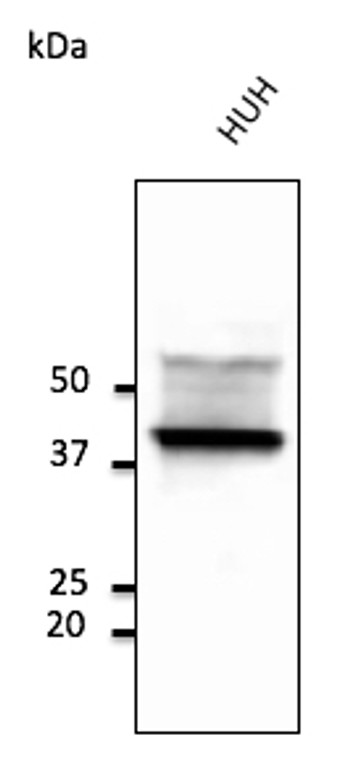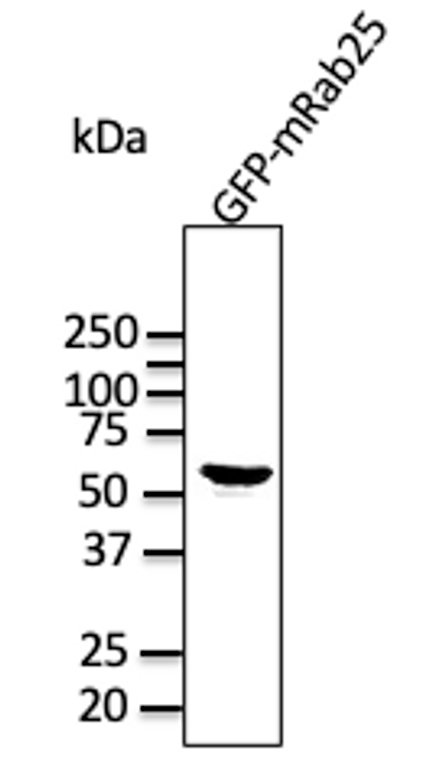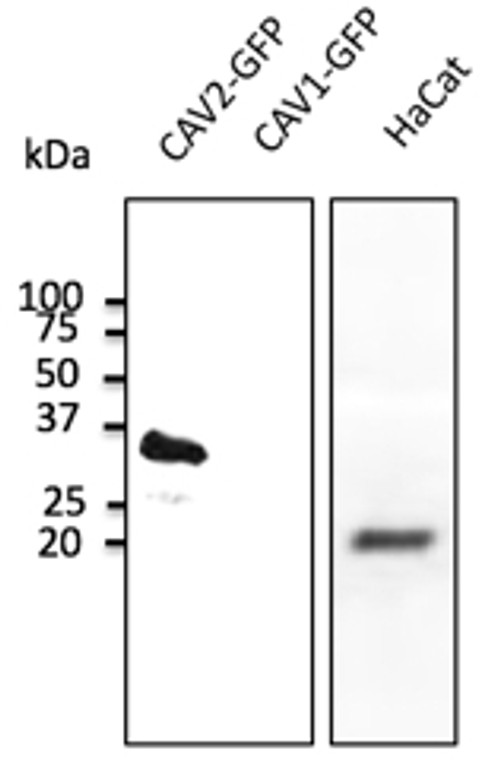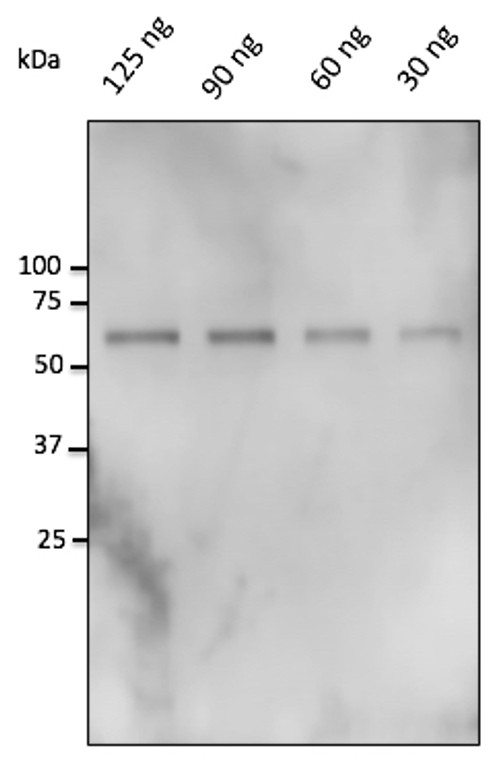Related articles
Secondary antibodies resources
Alexa Fluor secondary antibodies
Biotinylated secondary antibodies
Enhancing Detection of Low-Abundance Proteins
9 tips for detecting phosphorylation events using a Western Blot
Western Blotting with Tissue Lysates
Immunohistochemistry introduction
Immunohistochemistry and Immunocytochemistry
Immunohistochemistry troubleshooter
Chromogenic and Fluorescent detection
Preparing paraffin-embedded and frozen samples for Immunohistochemistry

Goat Polyclonal Antibodies
Background to polyclonal antibodies
Goat polyclonal antibodies are produced in a similar way to polyclonal antibodies from other animal models. Goats also produce IgG isotype antibodies, which are suitable for use in a variety of research applications, including western blotting, immunohistochemistry, fluorescence studies and ELISA.
Production is carried out through the immunisation with a specific antigen sequence, which triggers an immune response. Goats antibodies are typically higher titer, and can be obtained by using a secondary or tertiary immunisation step.
When the immunisation cycle is complete the antibodies are collected and purified.
Why use goat host antibodies
The greatest advantage of using goats for polyclonal antibody production is that the volume and concentration of serum obtained are typically much higher during production in comparison to other animals. When using goats for larger-scale antibody production fewer serum extractions are necessary to obtain greater volume.
Our range of goat polyclonal antibodies are manufactured in the EU, validated in a variety of applications, are cost-effective and can be bought in small sizes.
Starting at concentrations of 2mg/mL, and with free shipping available on eligible orders, our range of goat antibodies offer exceptional value for money.
Cell markers
 |
STJ140025 - Anti-CD19 antibody | WB |
 |
STJ140082 - Anti-CD31 antibody | WB |
 |
STJ140026 - Anti-CD45 antibody | WB |
 |
STJ140029 - Anti-CD63 antibody | WB, IHC-F, IHC-P, IF |
Control antibodies
 |
STJ140037 - Anti-GAPDH antibody | WB, IHC-F, IHC-P, IF |
 |
STJ140081 - Anti-beta-Actin antibody | WB, IF |
Rab antibodies
 |
STJ140059 - Anti-Rab5 antibody | WB, IHC-F, IHC-P, IF, ELISA |
 |
STJ140060 - Anti-Rab5a antibody | WB, IHC-F, IHC-P, IF |
 |
STJ140061 - Anti-Rab5b antibody | WB, IHC-F, IHC-P, IF |
 |
STJ140063 - Anti-Rab7a antibody | WB, IHC-F, IHC-P, IF |
 |
STJ140068 - Anti-Rab11a antibody | WB, IHC-F, IHC-P, IF |
 |
STJ140073 - Anti-Rab25 antibody | WB, IHC-F, IHC-P, IF |
Fluorescent tag antibodies
 |
STJ140000 - Anti-mCherry antibody | WB, IHC-F, IHC-P, IF, IEM |
 |
STJ140002 - Anti-tdTomato antibody | WB, IHC-F, IHC-P, IF, ELISA |
 |
STJ140006 - Anti-GFP antibody | WB, IHC-F, IHC-P, IF |
 |
STJ140118 - Anti-YFP antibody | WB, IHC-F, IHC-P, IF |
Signal transduction antibodies
 |
STJ140020 - Anti-CAV2 antibody | WB, IHC-F, IHC-P, IF |
 |
STJ140091 - Anti-Catalase antibody | WB |
 |
STJ140099 - Anti-CDH1 antibody | WB |

